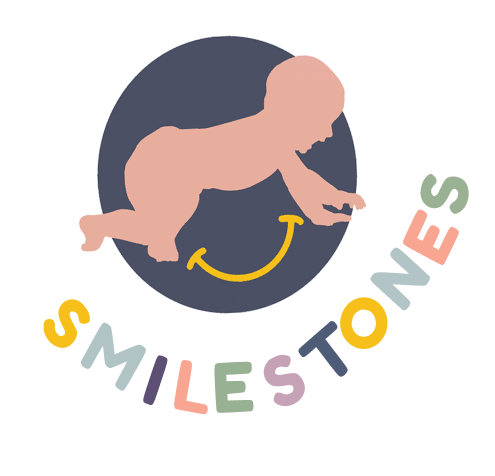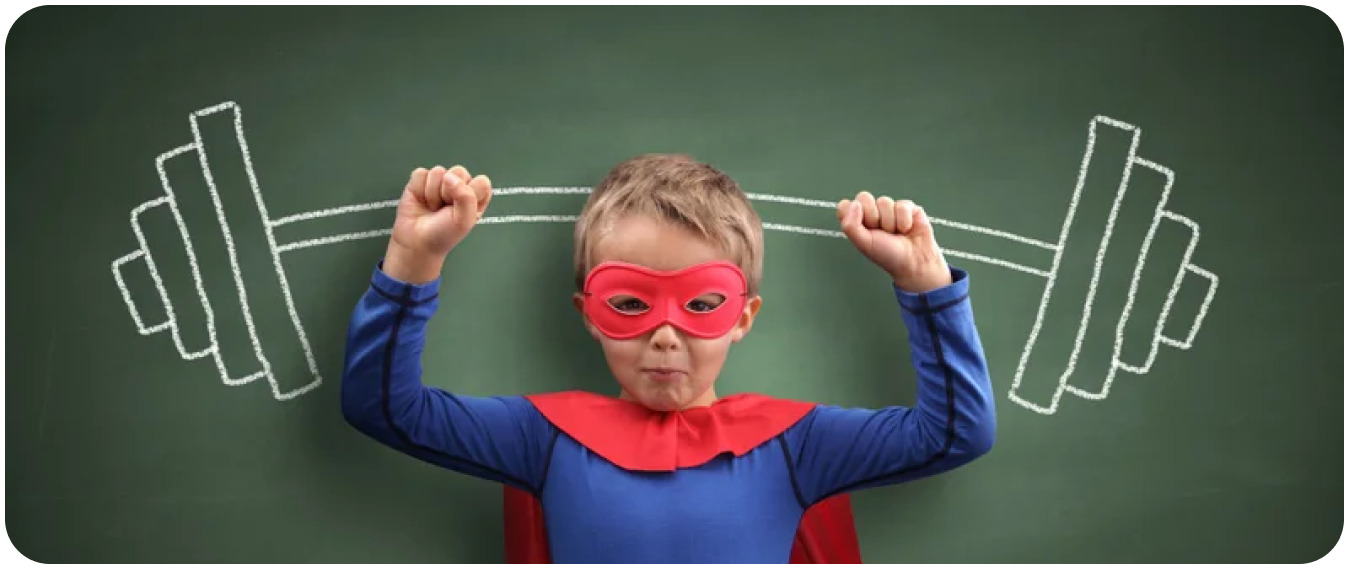My Baby is "low tone". Now What??
5 MIN READ

From Smilestones Therapy
As parents, we eagerly anticipate every milestone our little ones achieve, from rolling over to taking their first steps. However, for some babies and toddlers, the journey to these milestones might be a bit more challenging due to a condition called Low Muscle Tone, also known as Hypotonia.
What is Hypotonia or "low muscle tone"?
Low Muscle Tone refers to a condition where a baby or toddler has reduced muscle tension or muscle tone. This may affect their ability to maintain proper posture, control their movements, and meet developmental milestones on time. Babies with low muscle tone may appear floppy or have difficulty holding their head up when placed on their tummy. Toddlers might struggle with sitting, standing, or walking independently.
What Causes Low Muscle Tone?
The exact cause of Low Muscle Tone is difficult to determine, and in many cases it is considered idiopathic, meaning the cause is unknown. However, certain factors and conditions may contribute to the development of hypotonia. These include genetic disorders like Down syndrome or muscular dystrophy, neurological conditions or prematurity at birth.
Treatment:
Early intervention is crucial for babies and toddlers diagnosed with Low Muscle Tone. Physiotherapy is the cornerstone of treatment, focusing on strengthening and improving muscle tone, balance, and coordination. A pediatric physiotherapist will design a personalized treatment plan to help the child reach developmental milestones. They may use various therapeutic techniques, exercises, and activities to promote muscle strength, joint stability, and overall motor skills. Occupational therapy may also be beneficial in helping the child develop fine motor skills and adaptive techniques for daily activities. Speech therapy can address any speech and swallowing difficulties that may arise due to low muscle tone.
Long-Term Impacts:
The long-term impacts of Low Muscle Tone can vary significantly depending on the underlying cause, the effectiveness of early interventions, and the level of ongoing support provided. With appropriate therapy and consistent support, many children with Low Muscle Tone can make significant progress and lead fulfilling lives. However, some may experience challenges in gross and fine motor skills, coordination, and speech, which could impact their ability to participate in certain physical activities or academic tasks.
As parents, it's essential to remember that each child is unique, and their journey with Low Muscle Tone will be equally individual. It is crucial to remain patient, celebrate their achievements, and provide a nurturing and supportive environment that fosters their development. Remember, every milestone, no matter how small, is a step forward in their unique journey of growth and development.
